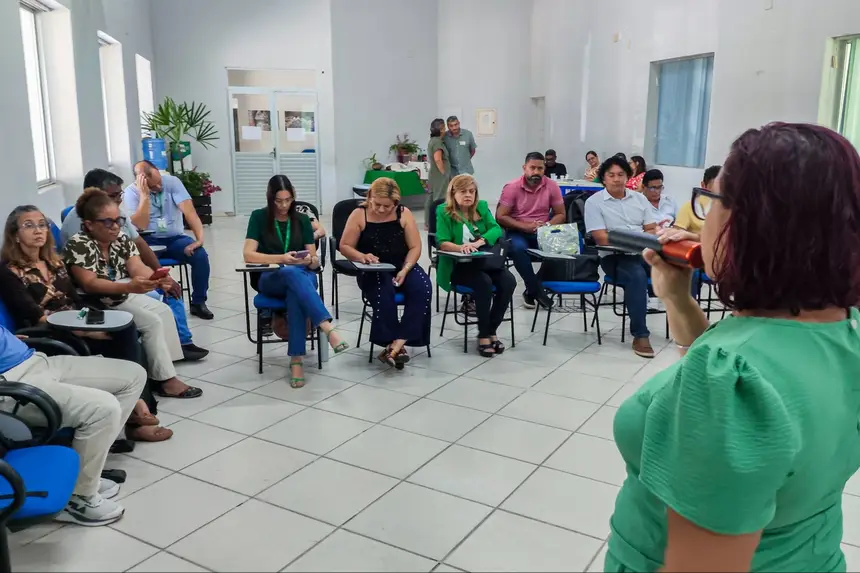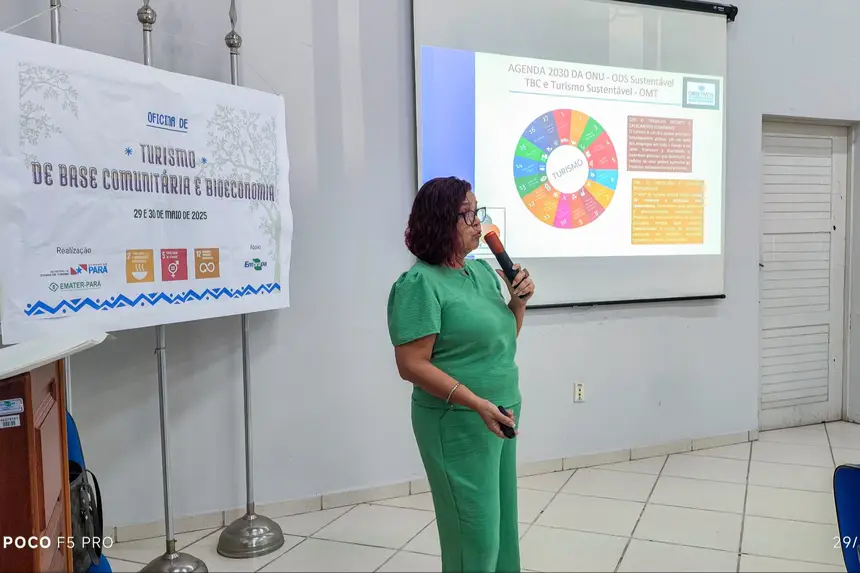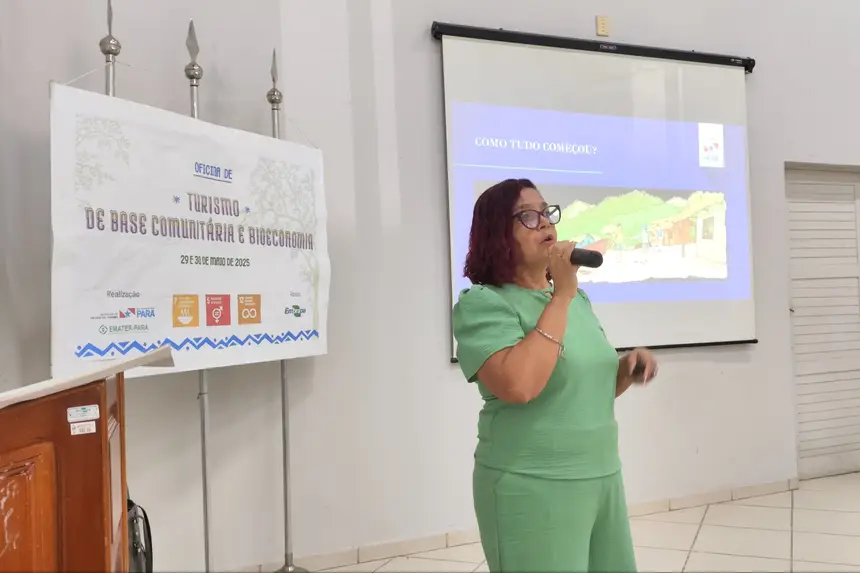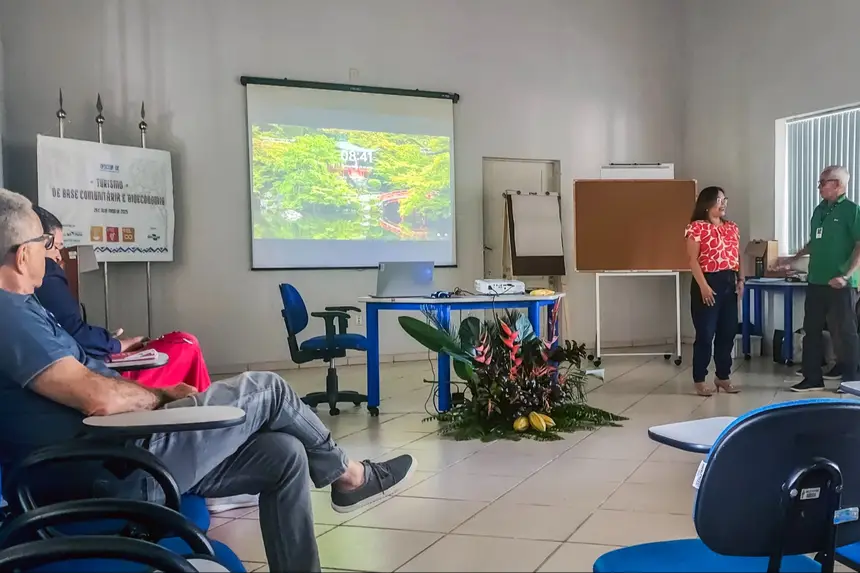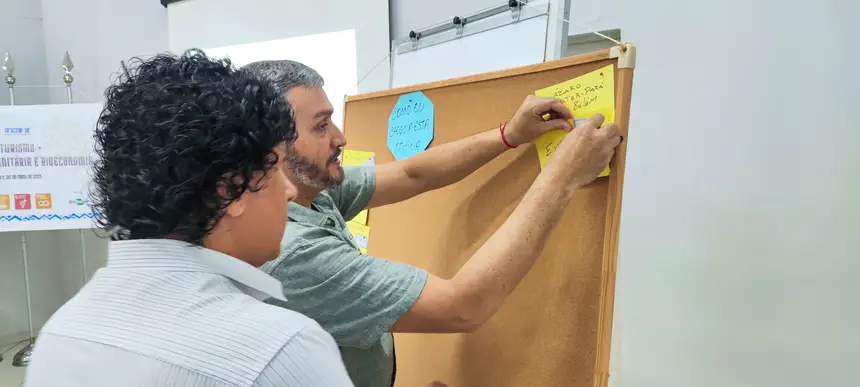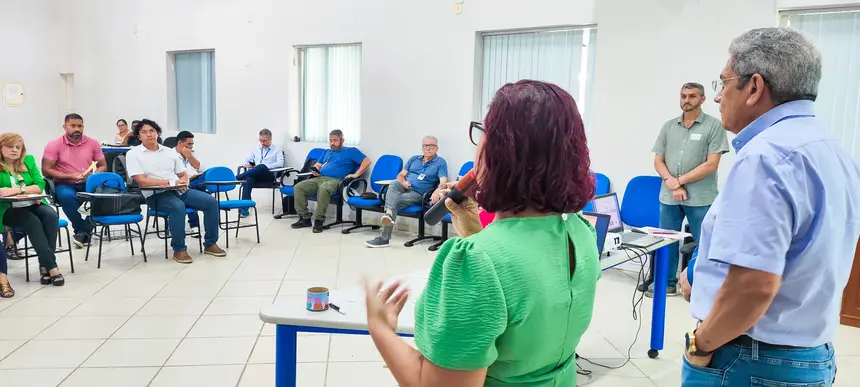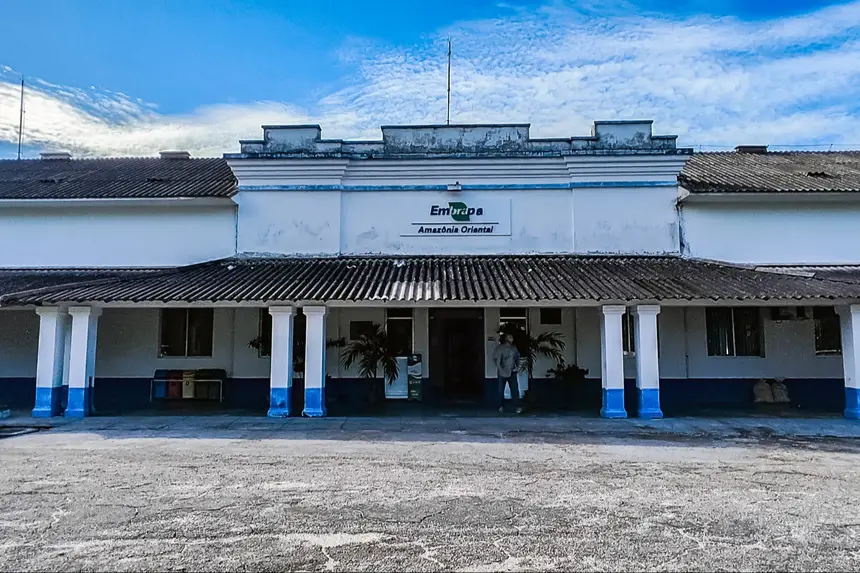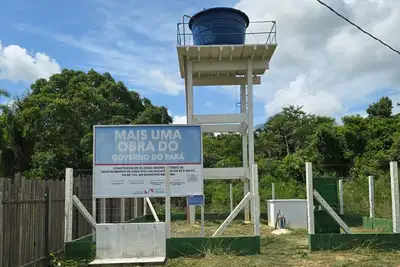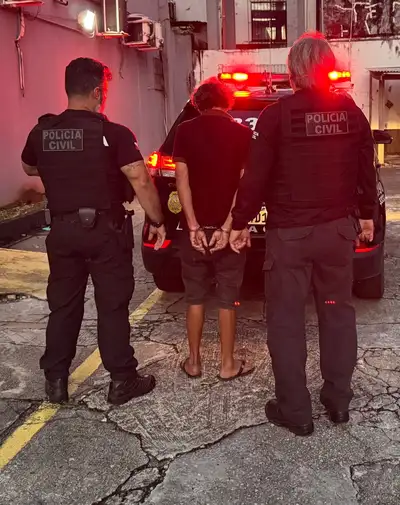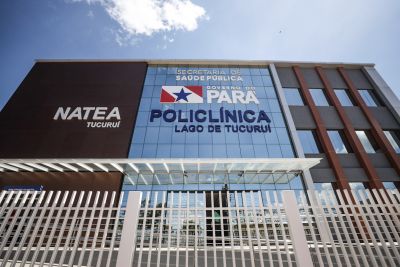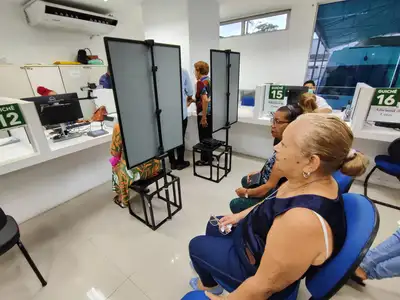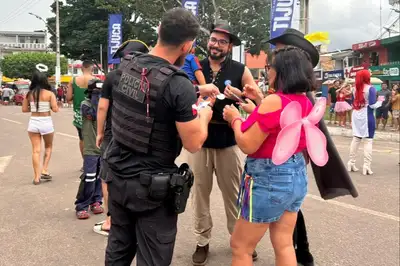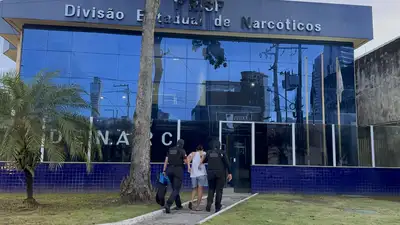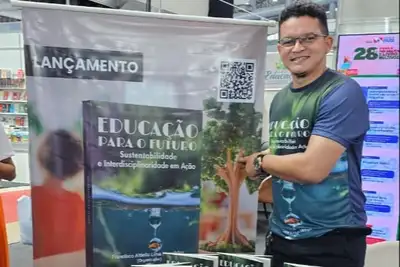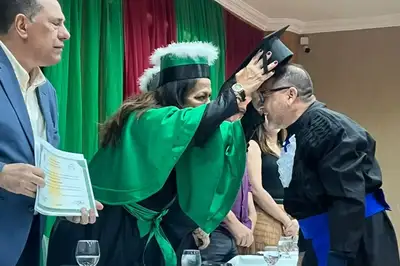Pará promotes workshop on Sustainable Community-Based Tourism and Bioeconomy
The program addresses factors in the conception of Community-Based Tourism and the role of institutions in implementing policies aimed at the socioeconomic sector
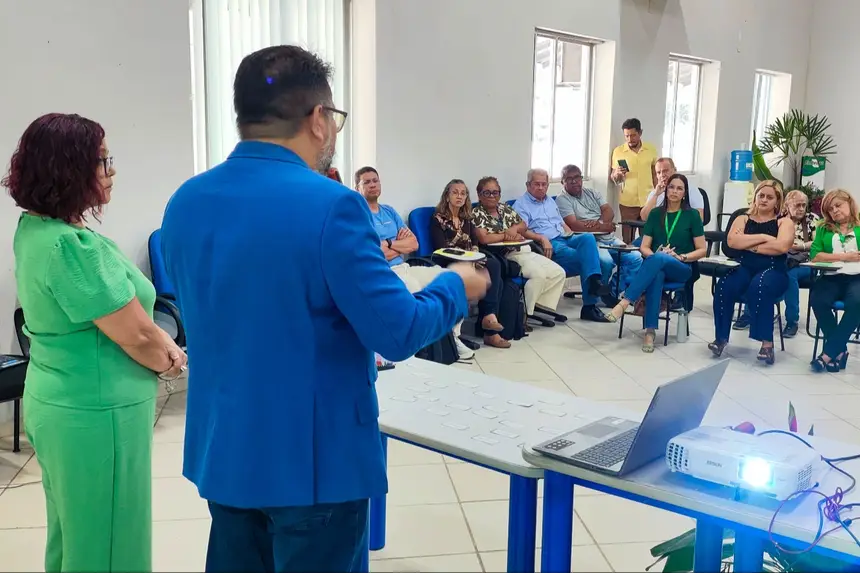
Representatives from public institutions, community leaders, and experts in tourism and bioeconomy are participating in the Community-Based Tourism (TBC) and Bioeconomy Workshop, this Thursday and Friday (29 and 30), at the Embrapa Memory Auditorium in Belém. The meeting aims to promote understanding and inter-institutional articulation around the TBC policy as a strategic tool for sustainable development and strengthening local economies.
Organized by the State Secretariat of Tourism of Pará (Setur) and Emater-Pará, with support from Embrapa, the workshop is part of the actions outlined in the State Bioeconomy Plan. The program addresses topics such as the conception of Community-Based Tourism, the elements that make up this productive chain, and the role of public institutions in implementing policies aimed at the socioeconomic sector.
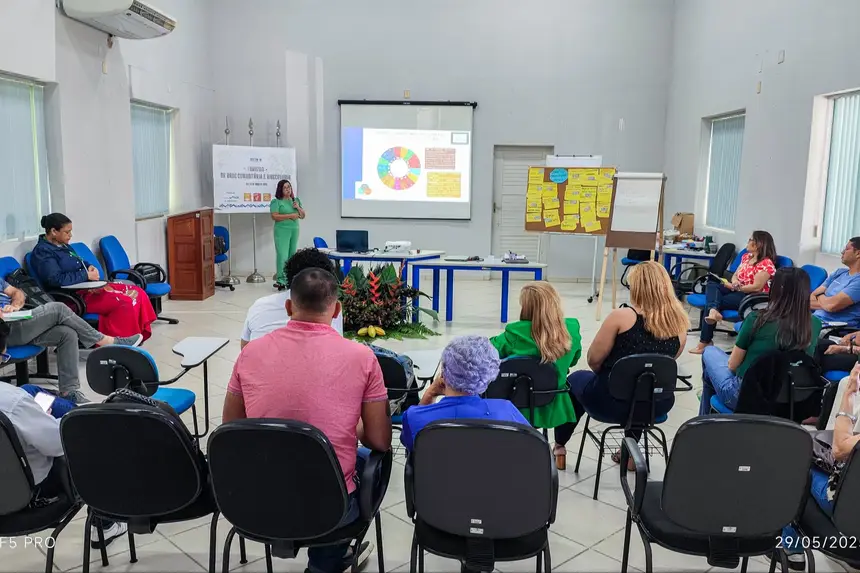
“When the proposal was presented to us, we noticed alignment; they go in the same direction as our strategic actions for COP 30, thinking about community-based tourism routes in the Metropolitan Region of Belém. These partnerships expand the scope of action. This participation is of great relevance, and we want to practically intensify our actions and experiences on this agenda. And it should not be limited only to COP 30, but incorporated into practices alongside family farming,” said the president of Emater-Pará, Joniel Abreu.
Among the topics discussed are the appreciation of traditional knowledge, the integration of tourism, family farming, and agricultural research, and the possibilities for income generation from sustainable models of natural resource use. The activities include exchanges of experiences, identification of good practices, and collective construction of integrated action proposals.
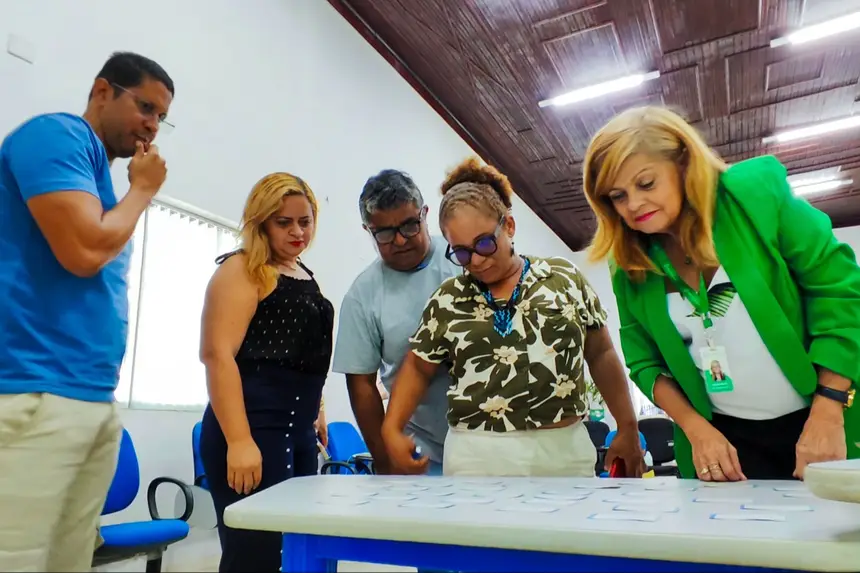
“Traditionally, tourism is seen as an economic activity from a mass perspective, which does not concern itself with residents. We need to work with the community. It is important to think about residents, our communities, and the municipalities. We need to align our thoughts and ideas. It is a paradigm shift. Unlike the concept of the tourism industry, TBC goes in another direction that seeks the concept of sustainability. This policy is part of the State Bioeconomy Plan and the Amazon Now Plan,” explained tourism expert Márcia Bastos, who is responsible for coordinating TBC at Setur.
The workshop reinforced the State's commitment to a tourism model that recognizes and respects cultural diversity, promotes social inclusion, and boosts local productive chains aligned with the principles of bioeconomy. The initiative also aligns with the Sustainable Development Goals (SDGs), especially those aimed at combating poverty, gender equality, and responsible consumption and production.
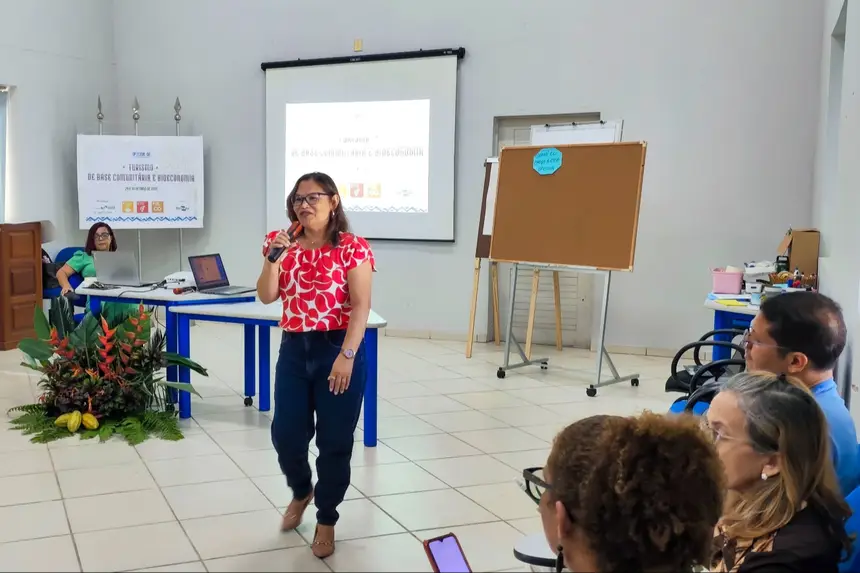
“The meeting seeks to develop and work on community-based tourism in an organized manner; we need to strengthen this chain. We need to talk about the subject. That is why we formed the partnership in this regard. The moment is propitious,” assured Ivanete Lopes from the Methodology and Communication Center of Emater-Pará.
At the end of the two days of work, participants will draft proposals to strengthen joint action between government, communities, and technical institutions, expanding the reach and positive impacts of Community-Based Tourism and bioeconomy in the territories of Pará.


